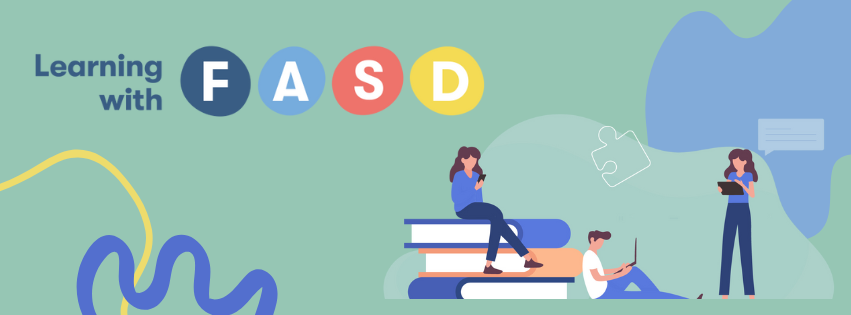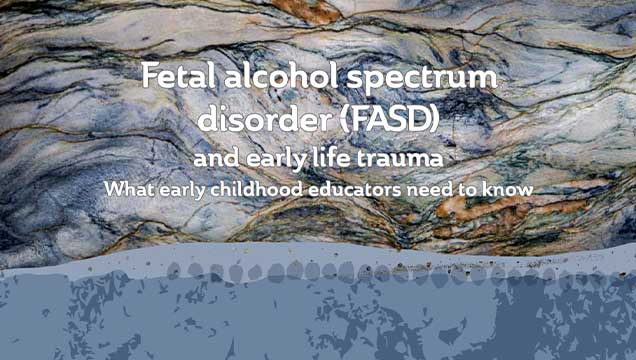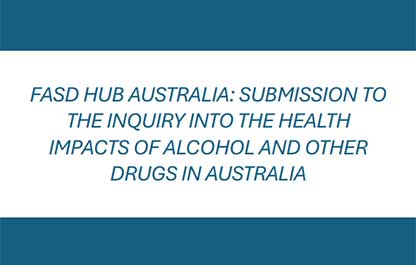Every person with FASD will have strengths and difficulties in different areas. This depends on the parts of the brain that have been most damaged by exposure to alcohol. There is no ‘one size fits all’ for people with FASD and not everyone will experience the same difficulties.
FASD is often referred to as an ‘invisible disability’ as many people with FASD do not display distinctive facial features (known as sentinel facial features).
We know that with the right support, people with FASD can go on to find their passion and thrive, but it’s important for the people around them to realise that their brain works differently.




